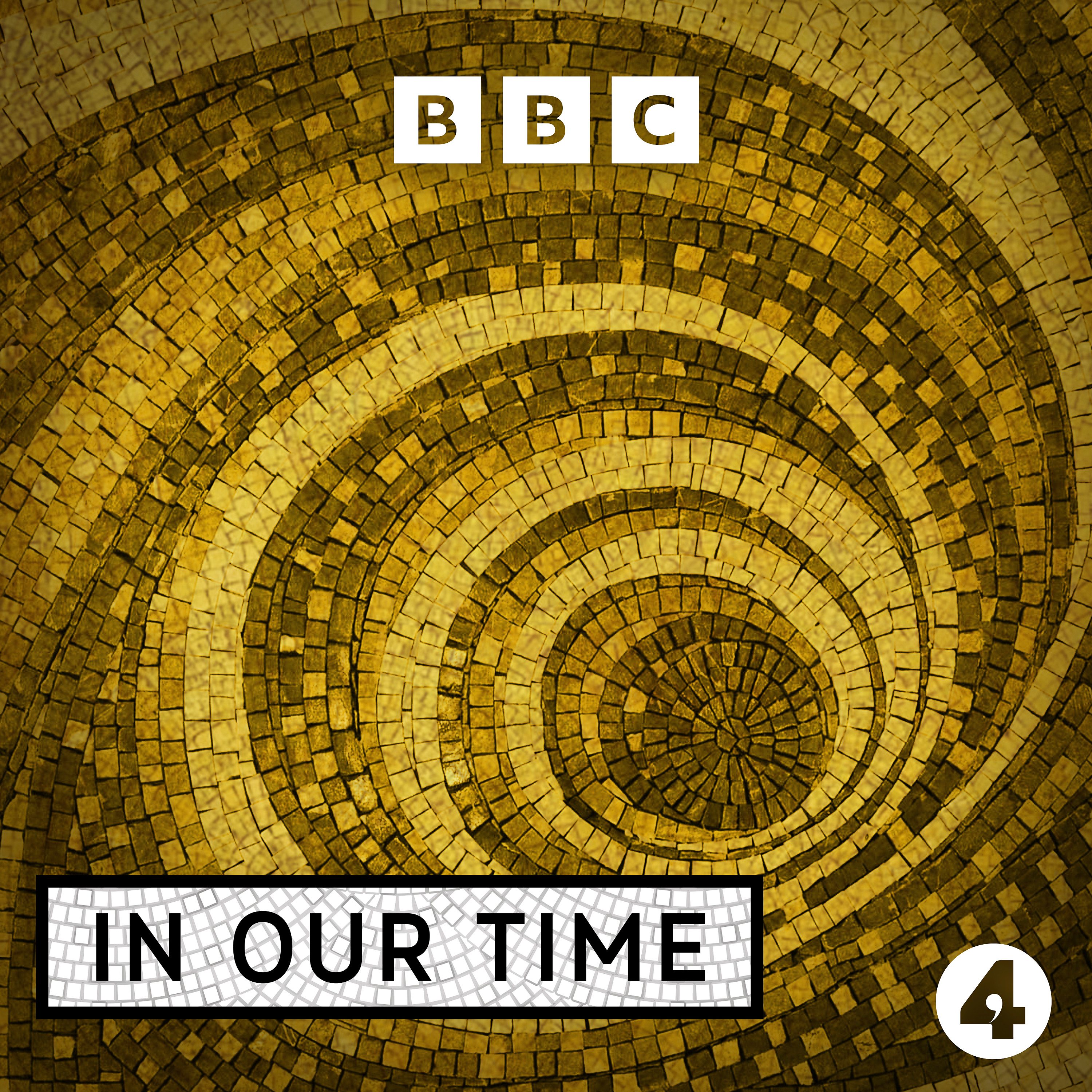Episodes
December 22, 2022

December 15, 2022

December 8, 2022

December 1, 2022

November 24, 2022

November 17, 2022

November 10, 2022

November 3, 2022

October 27, 2022

October 20, 2022

October 13, 2022

October 6, 2022

September 29, 2022

September 22, 2022

September 15, 2022

September 8, 2022

September 1, 2022

July 28, 2022

July 21, 2022

July 14, 2022

July 7, 2022

June 23, 2022

June 16, 2022

June 9, 2022

June 2, 2022

May 26, 2022

May 19, 2022

May 12, 2022

May 5, 2022

April 28, 2022

April 21, 2022

April 14, 2022

April 7, 2022

March 31, 2022

March 3, 2022

February 24, 2022

February 17, 2022

February 10, 2022

February 3, 2022

January 27, 2022

January 20, 2022

January 13, 2022

December 30, 2021

December 23, 2021

December 16, 2021

December 9, 2021

December 2, 2021

November 25, 2021

November 18, 2021

November 11, 2021

November 4, 2021

October 28, 2021

October 21, 2021

October 14, 2021

October 7, 2021

September 30, 2021

September 23, 2021

September 16, 2021

June 24, 2021

June 17, 2021

June 10, 2021

June 3, 2021

May 27, 2021

May 20, 2021

May 13, 2021

May 6, 2021

April 29, 2021

April 22, 2021

April 15, 2021

April 8, 2021

April 1, 2021

March 25, 2021

March 18, 2021

March 11, 2021

March 4, 2021

February 25, 2021

February 18, 2021

February 11, 2021

February 4, 2021

January 28, 2021

January 21, 2021

January 14, 2021

December 31, 2020

December 17, 2020

December 10, 2020

December 3, 2020

November 26, 2020

November 12, 2020

November 5, 2020

October 29, 2020

October 22, 2020

October 15, 2020

October 8, 2020

October 1, 2020

September 24, 2020

September 17, 2020

March 19, 2020

March 12, 2020

March 5, 2020

February 27, 2020

February 20, 2020

February 13, 2020

February 6, 2020

January 30, 2020

January 23, 2020

January 16, 2020

January 9, 2020

December 26, 2019

December 19, 2019

December 12, 2019

December 5, 2019

November 28, 2019

November 21, 2019

November 14, 2019

November 7, 2019

October 31, 2019

October 24, 2019

October 17, 2019

October 10, 2019

October 3, 2019

September 26, 2019

September 19, 2019

July 4, 2019

June 27, 2019

June 20, 2019

June 13, 2019

June 6, 2019

May 30, 2019

May 23, 2019

May 9, 2019

May 2, 2019

April 25, 2019

April 18, 2019

April 11, 2019

April 4, 2019

March 28, 2019

March 21, 2019

March 14, 2019

March 7, 2019

February 28, 2019

February 21, 2019

February 14, 2019

February 7, 2019

January 31, 2019

January 24, 2019

January 17, 2019

January 10, 2019

December 27, 2018

December 20, 2018

December 13, 2018

December 6, 2018

November 29, 2018

November 22, 2018

November 15, 2018

November 8, 2018

November 1, 2018

October 25, 2018

October 18, 2018

October 11, 2018

October 4, 2018

September 27, 2018

September 20, 2018

September 13, 2018

July 5, 2018

June 28, 2018

June 21, 2018

June 14, 2018

June 7, 2018

May 31, 2018

May 24, 2018

May 17, 2018

May 10, 2018

May 3, 2018

April 26, 2018

April 19, 2018

April 12, 2018

April 5, 2018

March 22, 2018

March 15, 2018

March 8, 2018

March 1, 2018

February 22, 2018

February 15, 2018

February 8, 2018

February 1, 2018

January 25, 2018

January 18, 2018

January 11, 2018

December 28, 2017

December 21, 2017

December 14, 2017

December 7, 2017

November 30, 2017

November 23, 2017

November 16, 2017

November 9, 2017

November 2, 2017

October 26, 2017

October 19, 2017

October 12, 2017

October 5, 2017

September 28, 2017

September 21, 2017

August 31, 2017

July 6, 2017

June 29, 2017

June 22, 2017

June 15, 2017

June 8, 2017

June 1, 2017

May 25, 2017

May 18, 2017

May 11, 2017

May 4, 2017

April 27, 2017

April 20, 2017

April 13, 2017

April 6, 2017

March 30, 2017

March 23, 2017

March 16, 2017

March 9, 2017

March 2, 2017

February 23, 2017

February 16, 2017

February 9, 2017

February 2, 2017

January 26, 2017

January 19, 2017

January 12, 2017

December 29, 2016

December 22, 2016

December 15, 2016

December 8, 2016

December 1, 2016

November 24, 2016

November 17, 2016

November 10, 2016

November 3, 2016

October 27, 2016

October 20, 2016

October 13, 2016

October 6, 2016

September 22, 2016

July 7, 2016

June 30, 2016

June 23, 2016

June 16, 2016

June 9, 2016

June 2, 2016

May 26, 2016

May 19, 2016

May 12, 2016

May 5, 2016

April 28, 2016

April 21, 2016

April 14, 2016

April 7, 2016

March 31, 2016

March 24, 2016

March 17, 2016

March 10, 2016

March 3, 2016

February 25, 2016

February 18, 2016

February 11, 2016

February 4, 2016

January 28, 2016

January 21, 2016

January 14, 2016

December 31, 2015

December 24, 2015

December 17, 2015

December 10, 2015

December 3, 2015

November 26, 2015

November 19, 2015

November 12, 2015

November 5, 2015

October 29, 2015

October 22, 2015

October 15, 2015

October 1, 2015

September 24, 2015

July 9, 2015

July 2, 2015

June 25, 2015

June 18, 2015

June 11, 2015

June 4, 2015

May 28, 2015

May 21, 2015

May 14, 2015

May 7, 2015

April 30, 2015

April 23, 2015

April 16, 2015

April 9, 2015

April 2, 2015

March 26, 2015

March 19, 2015

March 12, 2015

March 5, 2015

February 26, 2015

February 19, 2015

February 12, 2015

February 5, 2015

January 29, 2015

January 22, 2015

January 15, 2015

December 18, 2014

December 11, 2014

December 4, 2014
